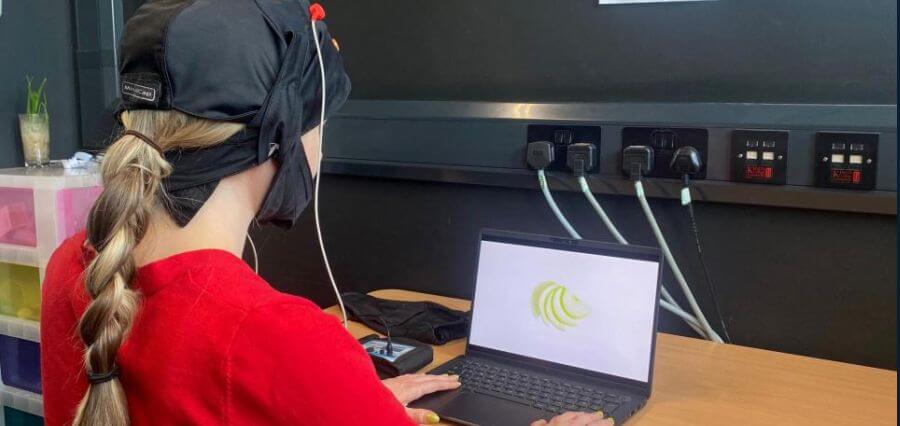It has been demonstrated that combining a form of brain training with electrical brain stimulation at home can help individuals lose weight and experience fewer instances of binge eating.
According to the study, six weeks after receiving the combo, the average number of binge episodes per month decreased from roughly 20 to six.
Additionally, participants in this group stated that they dropped three to four kilograms between the beginning of the trial and the six-week follow-up. Our results seem promising, therefore we plan to investigate this further and with a greater number of people -Physician Michaela Flynn
The study’s first author, Dr. Michaela Flynn, research associate at King’s College London’s Institute of Psychiatry, Psychology and Neuroscience (IoPPN), stated: “Current treatments for binge-eating disorder are effective for some people and many need further or different support to get well.”Our research is the first to examine a novel home-based treatment option that provides an alternative strategy for treating binge-eating disorder.
Transcranial direct current stimulation (tDCS) is a mild brain stimulation treatment that addresses ingrained behavioral patterns that may be contributing to the loss of control over food, allowing individuals to change their attitudes and behaviors.
Participants reported changes in eating behavior and weight loss that persisted for a while after therapy concluded, according to Dr. Flynn. Their remarks that they felt lighter in mood might have contributed to this in part.Our findings appear encouraging, therefore we plan to look into this more thoroughly and with more participants.
A dangerous mental illness known as binge-eating disorder (BED) can strike people of any age, gender, race, or origin. Individuals with the illness frequently experience moments in which they lose control over how much food they eat, eating a large quantity of food quickly until they are uncomfortable full.
The illness is associated with obesity and metabolic issues, and it is commonly accompanied by anxiety and depression. Just 82 individuals who met the BED criteria and were overweight or obese and were divided into four groups were included in the tiny study.
Read More: Click Here








